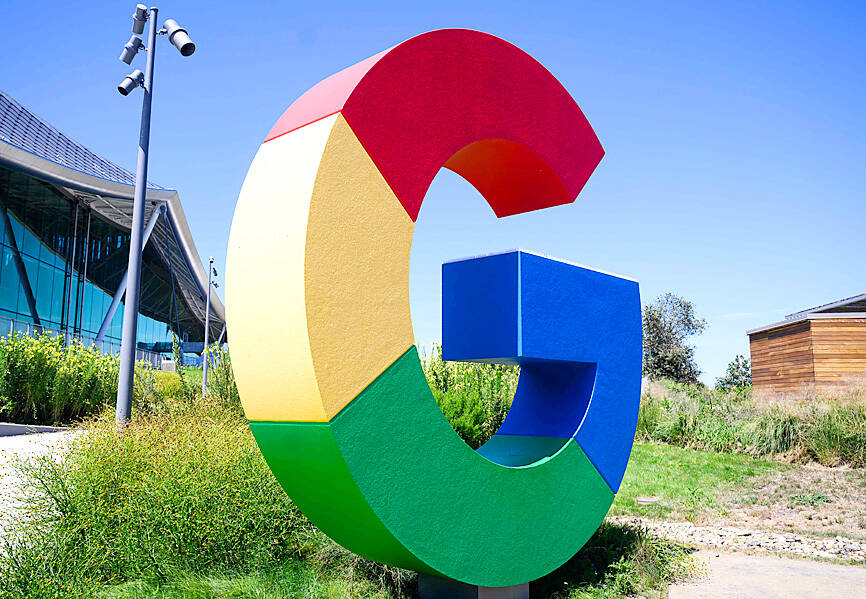On April 15, 2025, the Japan Fair Trade Commission (JFTC) handed down a historic cease and desist order to Google LLC on charges of infringing Japan's Antimonopoly Act. The bold move is the first time the JFTC has officially penalized a leading U.S. tech behemoth for anticompetitive behavior in the Japanese digital marketplace, demonstrating increased international oversight of Big Tech business practices.
Key Points:
-
The JFTC concluded that Google had violated Article 19 of the Antimonopoly Act by engaging in unfair trade practices that limit competition in Japan's smartphone market.
-
Google was reportedly compelling Android smartphone makers in Japan to preinstall its search and Chrome apps as a prerequisite for using the Google Play app store, making Android devices unsellable without them.
-
The commission also charged that Google provided monetary incentives to makers to remove competing search apps from the default settings of their devices, further solidifying Google's grip.
-
Such conduct was found to amount to "transactions with binding conditions" and "trading on restrictive terms," both being banned under Japanese antitrust law.
-
The JFTC order requires Google to stop these practices at once and do everything in its power to ensure they never happen again.
-
This is the first such administrative action against a so-called "GAFA" group member (Google, Apple, Facebook/Meta, Amazon) in Japan, marking a firmer regulatory approach.
-
The action comes on the heels of parallel antitrust crackdowns against Google in the United States and Europe, where regulators have also aimed at the company's bundling and dominance strategies in the market.
-
If Google does not comply, it might be subject to penalties of as much as ¥300 million (approximately $2 million USD) under Japanese law.
-
Google has said that it will lay out its arguments within the hearing procedure and that it was disappointed its suggested remedies weren't comprehensively examined by the JFTC.
Conclusion
The JFTC's cease and desist order against Google is a dramatic step up in Japan's attempts to promote equal competition in the digital market. By going after Google's bundling and incentive schemes, the commission seeks to open the market to more competition and rein in the power of international tech behemoths. The result of this case will be eagerly awaited as a barometer of antitrust enforcement in Japan and the world.
Sources: MarketScreener, Economic Times, The Japan News, The Japan Times, SiliconANGL







